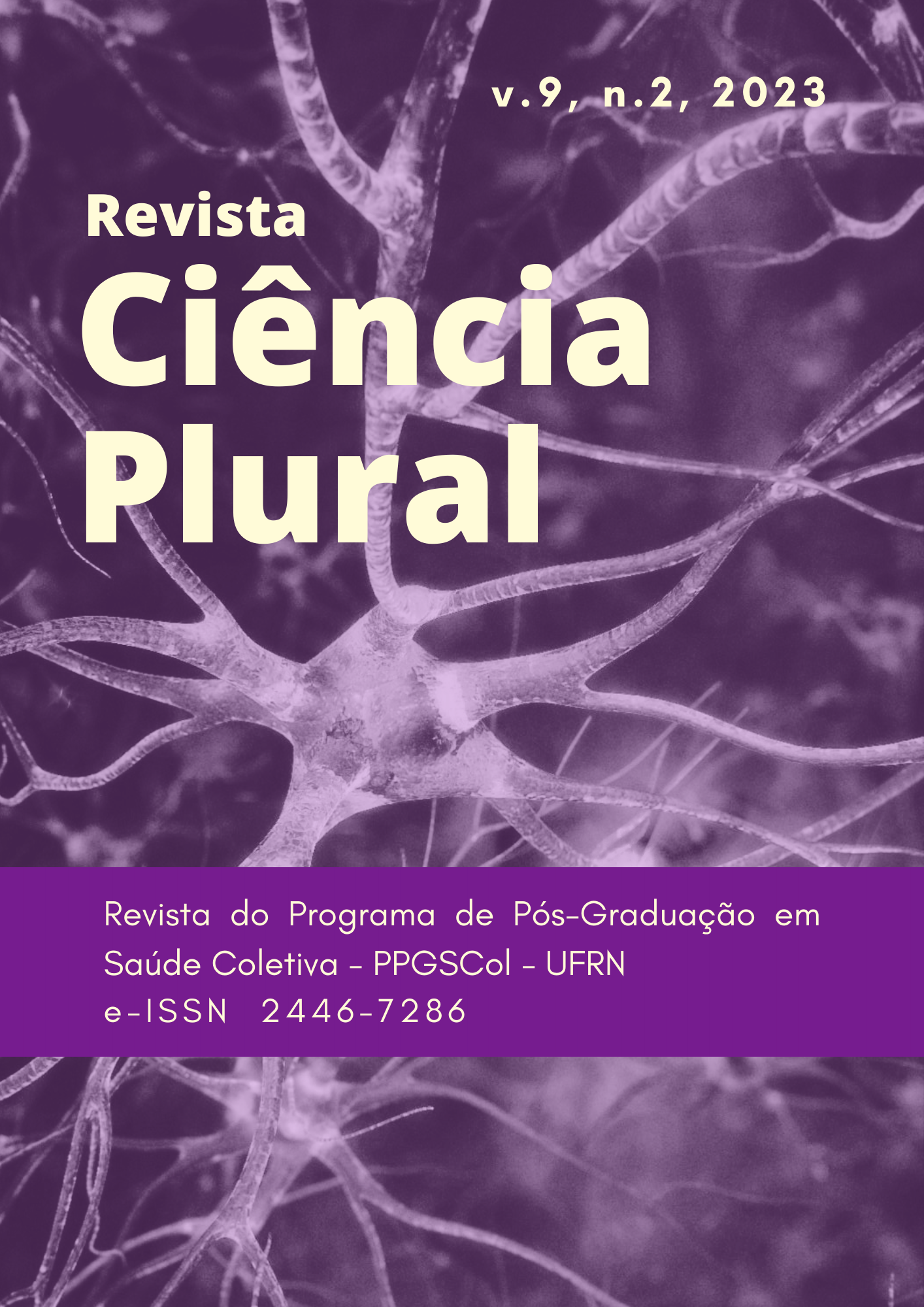Women's health access in the context of forced migration in Portugal: vulnerabilities and adaptation
DOI:
https://doi.org/10.21680/2446-7286.2023v9n2ID31928Abstract
Introduction: This article presents the findings, related with the vulnerabilities regarding access to health services felt by refugee women, of a research project conducted in Portugal between 2020 and 2022 as part of the Masters in Intercultural Relations program at Universidade Aberta. Objective: The overall goal was to gain a better understanding of the psychosocial reality of women who arrived in Portugal as a result of forced migration, focusing on the main difficulties of the migratory and adaptation journey - highlighting vulnerabilities related to health and access to health services at the present article - and the protective factors that facilitated their processes of resilience, adaptation, and social integration. Methodology: To that end, the protagonists' meanings for their experiences were revealed through nine semi-structured and in-depth interviews with women from Iraq, Syria, and Libya. Results: The investigation uncovered a number of vulnerabilities caused by migratory experience and gender belonging, which justified the intersectional analysis. The findings reveal a number of challenges in the host country, This article is going to focus on the findings concerning health, specifically, the reported vulnerabilities and difficulties related with the access to health care services. Conclusions: The current investigation led to the conclusion that there are serious flaws in Portugal in terms of ensuring full access to health care for forced migrant women, highlighting as major obstacles: a lack of information in a language other than portuguese, a lack of command of the portuguese language, a lack of knowledge about how health institutions work, and a lack of sensitivity and intercultural skills in care.
Downloads
Downloads
Published
How to Cite
Issue
Section
License
Copyright (c) 2023 Revista Ciência Plural

This work is licensed under a Creative Commons Attribution-NonCommercial-ShareAlike 4.0 International License.
À Revista Ciência Plural ficam reservados os direitos autorais referente a todos os artigos publicados.

 Português (Brasil)
Português (Brasil) English
English Español (España)
Español (España)










2.png)
